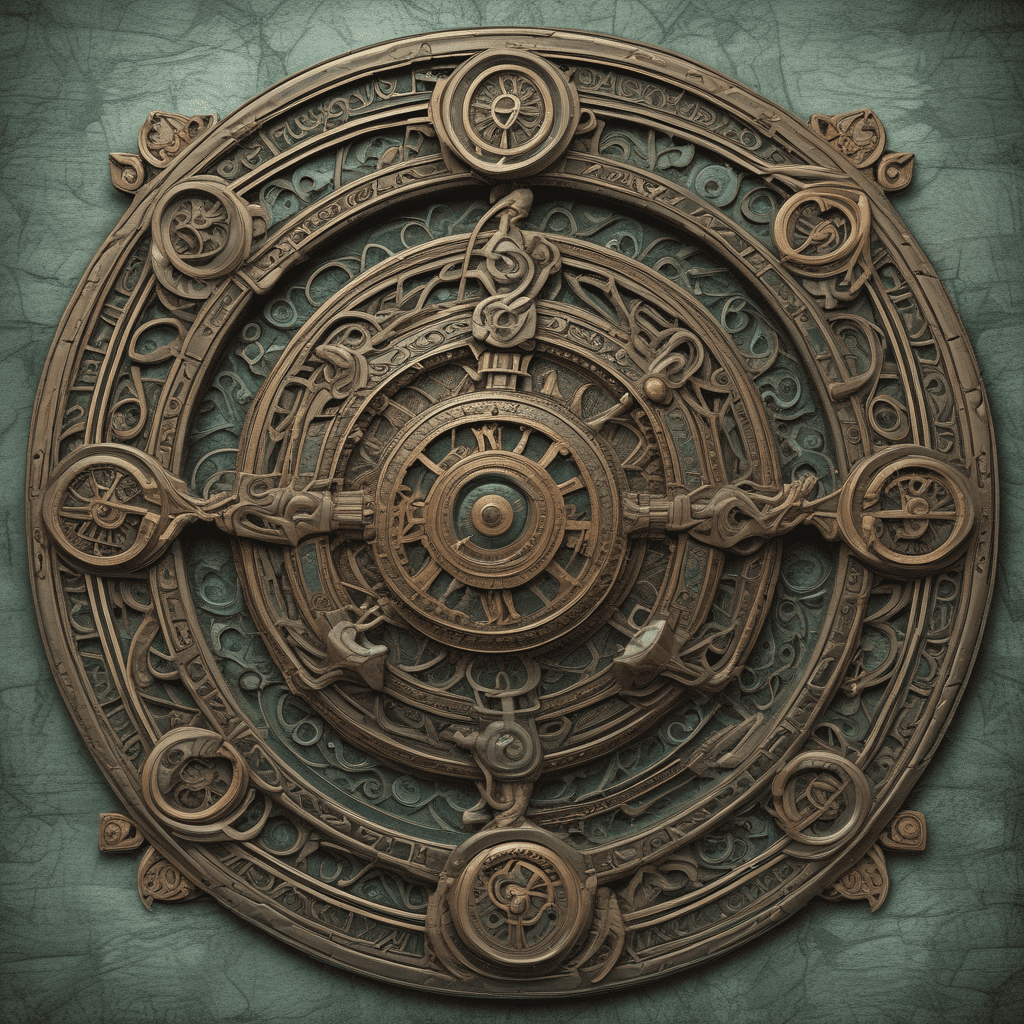Exploring the Concept of Time in Celtic Mythology
In Celtic mythology, time is a central force that influences the deities, creatures, and realms depicted in the ancient stories. The concept of time in Celtic mythos is rich, complex, and symbolic, often intertwining with themes of nature, spirituality, and destiny.
The Timeless Nature of Celtic Mythological Beings
Within Celtic mythological narratives, deities and other beings often exist beyond conventional notions of time. They embody aspects of eternity and cyclical time, reflecting the timeless quality of the natural world and the interconnectedness of all things.
Cycles and Seasons: Time in Celtic Rituals and Festivities
Celtic mythology is closely tied to the cycles of the seasons and the natural world. Festivals such as Samhain, Imbolc, Beltane, and Lughnasadh mark key points in the Celtic calendar, symbolizing the shifting of time and the importance of embracing change and renewal.
Time Travel and Prophecy: Magical Elements of Celtic Mythological Time
Time travel and prophetic visions are recurring motifs in Celtic stories. From heroic quests that lead characters through time to the wisdom of seers and druids who can glimpse the future, the mystical elements of time add depth and mystery to the mythological tradition.
The Ever-Present Moment: Timelessness in Celtic Spiritual Beliefs
For the Celts, time is not just a linear progression but a spiral that connects past, present, and future in a continuous flow. This holistic view of time underscores the importance of living in harmony with nature, honoring ancestors, and embracing the wisdom of age-old traditions.
As we delve into the captivating realm of Celtic mythology, we discover a profound reverence for time as a fluid, mythic force that shapes reality and touches the soul. Through exploring the concept of time in Celtic lore, we gain insight into the interconnectedness of all things and the enduring power of ancient stories to illuminate our understanding of the world.
What is the significance of time in Celtic mythology?
Time in Celtic mythology plays a crucial role in the cyclical nature of life, death, and rebirth. It is often viewed as a spiral, symbolizing eternal continuity and interconnectedness.
How is time perceived in Celtic myths?
In Celtic myths, time is fluid and nonlinear, with the past, present, and future intertwined. The concept of time is symbolized by the Celtic knot, representing the interconnectedness of all things.
Are there specific deities associated with time in Celtic mythology?
Yes, Celtic mythology features deities such as Cernunnos, the horned god of the wild, who is often linked to the cycles of nature and the passage of time. Additionally, the goddess Brigid is associated with time, particularly in relation to the changing seasons.




